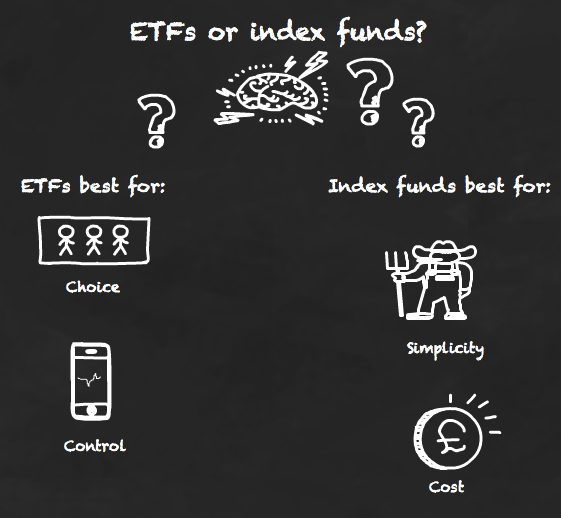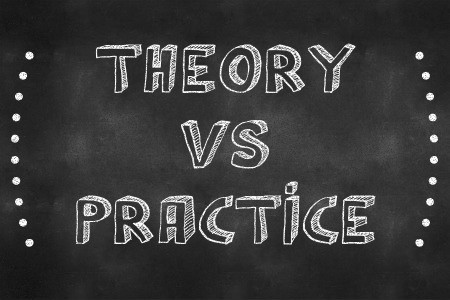Five Differences Between Index Funds and ETFs
Post on: 28 Август, 2015 No Comment

ETF 101 News:
Index funds and exchange traded funds both try to passively track an underlying index. However, the two fund types are different investment tools, and investors who are saving toward retirement should know the difference.
There are five basic factors to consider when an investor looks for the right investment tool for a retirement account or 401(k), writes Mitch Tuchman for Forbes. [Two ETF Plays for Your Retirement Income Portfolio ]
- Commissions. While you might see zero fees on an index fund run by your own brokerage, other trades run up a tab. In ongoing race to attract more investment assets, ETF providers and online brokerages have partnered up, offering a slew of commission-free ETF trades. [Six Popular Commission-Free ETF Trading Platforms ]
- Pricing. Index funds are mutual funds. Consequently, investors execute trades on the end-of-day prices. In contrast, ETFs are traded throughout the day like a normal stock, and investors can execute trades during normal market hours.
- Fees. One of the cheapest index funds, the Schwab S&P 500 Index Fund (SWPPX), comes with a 0.09% expense ratio. On the other hand, due to the so-called fee war in the ETF space, fees on some broad market ETF have dropped to as low as 0.04%.
- Choice. There are over 1,400 passive index-based ETFs listed in the U.S. market, covering everything from niche markets to major indices. While many investors steer away from anything too specialized, it is nice to have the flexibility offered by ETFs. [Understanding ETF Portfolio Indexing ]
- Cash. Index funds typically reinvest dividends for you. ETFs will send you the money directly, so an investor is free to reinvest, hold on to the cash or pick out another investment. Additionally, with the growing number of commission-free ETF trades, frequent rebalancing will not cut too deeply into your total returns.

For more information on ETFs, visit our ETF 101 category .
Max Chen contributed to this article .
The opinions and forecasts expressed herein are solely those of Tom Lydon, and may not actually come to pass. Information on this site should not be used or construed as an offer to sell, a solicitation of an offer to buy, or a recommendation for any product.














